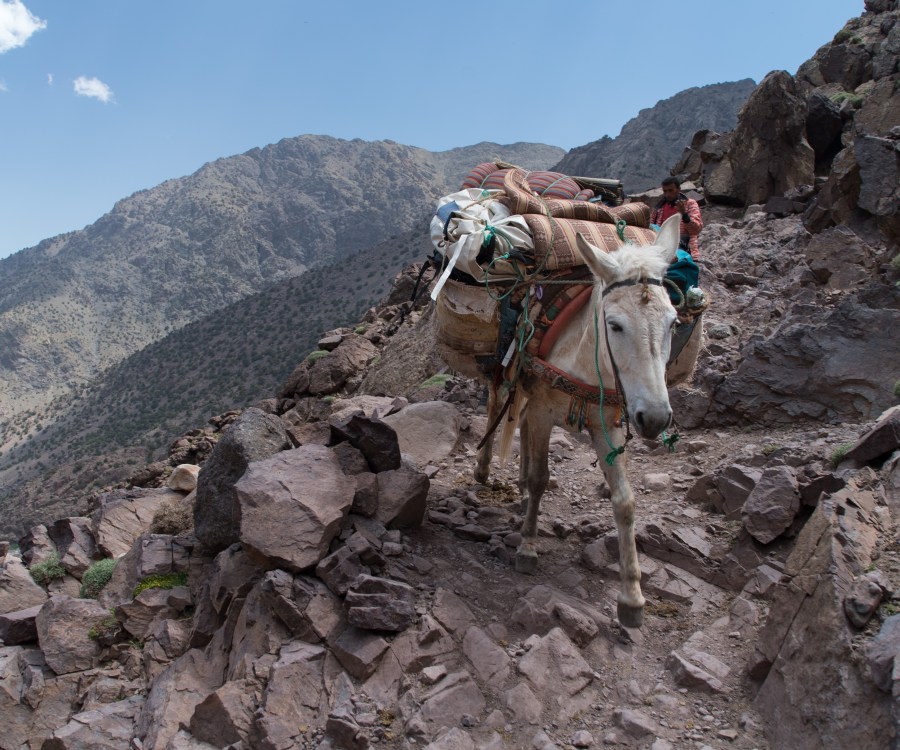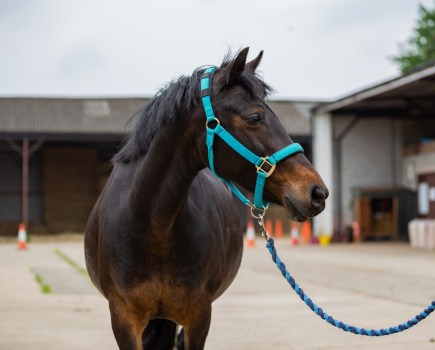Tomorrow (4 October) is World Animal Day and SPANA (the Society for the Protection of Animals Abroad) is raising awareness about the plight of animals working in the most extreme conditions across the world.
Globally, more than 200 million working animals make it possible for poverty-stricken families to earn an income and survive. By doing the jobs of trucks, tractors and taxis, these horses, donkeys, camels, mules and elephants support the livelihoods of more than half a billion people.
However, many animals working in impoverished communities face tough conditions and hard lives, often carrying heavy loads in sweltering heat on rough or dangerous terrain. They often lack water, shelter and rest, have inadequate nutrition and unsafe equipment, and lack access to the veterinary care.
For instance, at the rubbish dumps of Bamako in Mali, working donkeys haul heavy carts up the steep slopes of waste, at risk from metal and sharp objects underfoot.
SPANA is among the charities working to improve the lives of working animals across the world, including the animals at the Bamako rubbish dumps. Last year, it provided veterinary care and vaccinations to more than 291,000 working animals in 28 low-income countries, along with lifesaving feed and water for animals in crisis situations.
The charity also delivered training in animal care to more than 87,000 owners, as well as teaching animal welfare lessons to more than 71,000 children.
However, SPANA says the need for help remains “huge” and the vast number of working animals worldwide means that there are still millions who lack the most fundamental requirements.
“Working animals perform vital roles in the world’s most impoverished communities, but they are often completely overlooked and many people are unaware about the extreme conditions they face,” said Linda Edwards, Chief Executive of SPANA.
“Sadly, many working animals endure exceptionally tough conditions, often carrying heavy loads in sweltering heat across harsh terrain. Their welfare is often very poor and they lack access to essential veterinary care. This situation will only be worsened by the growing impact of climate change – extreme weather patterns, natural hazards and food and water shortages will be hardest of all on working animals and the communities they so loyally serve.
“SPANA is committed to improving the lives of working animals in low-income countries around the world and the need for our work is greater than ever. So many working animals are in desperate need of help, but with your support we can ensure that animals receive the recognition, respect and vital care they need.”
Brian Blessed OBE is an Ambassador for SPANA, and shared his support for the cause.
“It is hard to imagine toiling in temperatures reaching 50 degrees and having to work for hours on end in harsh and dangerous conditions. But, sadly, this is the reality for many working animals across the world,” he said. “In such extreme working conditions, wounds, injury and malnutrition are all too common problems for working animals, which often lack access to the essential care they need.
“Thankfully, SPANA teams are working tirelessly to help working animals in desperate need. The charity is making a lifesaving difference, administering vital veterinary treatment, providing safe and comfortable equipment and advising owners how to look after their animals properly.”
This World Animal Day, the charity is appealing to the public to support its work. Find out more by clicking here.
Lead image of a working mule in Morocco by SPANA









